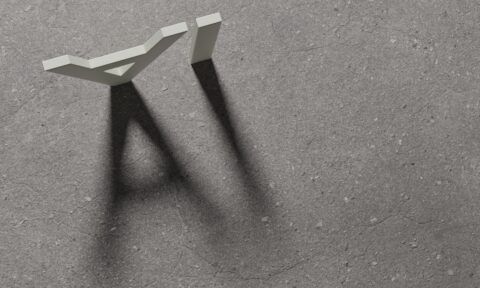Design of Steel Structures to EC3
- Overview of design requirements for steel structures using Eurocodes (EC0 and EC3).
- Introduction to structural design principles and stability checks for steel structures.
- Design examples showcasing application of Eurocode design rules.
- Analysis and design of bolted and welded steel connections under different loading situations.
- Main design checks according to Eurocode 3 on steel connections.
Overview
The Online Design of Steel Structures to EC3 Training Course provides an overview of design requirements for steel structures using Eurocodes (EC0 and EC3). It covers design checks for steel members and connections, structural analysis, and stability requirements. The course is designed for practicing engineers involved in the design, operation, and assessment of onshore and offshore steel structures. The program includes lectures on steel building design principles, beam and member design, and connections analysis. The course is led by Dr. Boulent Imam, an expert in steel structures and Eurocodes.
Who should attend
Practicing Engineers
Course Content
The design of steel structures to EC3is a core requirement for engineers working with Eurocodes. This two-day course provides a practical overview of Eurocode EC0 and EC3 design requirements, covering checks on various steel members, connections, and stability considerations. Participants will gain a strong understanding of structural analysis principles, member design, and connection detailing in compliance with EC3.
Day Onebegins with the basis of structural design in Eurocodes, followed by stability checks for steel structures. Key topics include the design of steel beams, tension and compression members, and members subject to combined axial forces and bending moments. Real-world design examples will demonstrate the application of EC3 design rules.
Day Twofocuses on bolted and welded steel connections under different loading conditions. You will explore EC3 design checks for connections, supported by worked examples for bolted joints, welded joints, and complex assemblies.
You can view all of our Eurocode courses here.
Who Should Attend
Location
Course Syllabus
Day 1
09.00 – 10.30 Lecture 1: Introduction to steel building design (Basis of design, structural analysis/stability principles, materials)
10.30 – 10.45 Break
10.45 – 12.15 Lecture 2: Design of steel beams (Design checks for restrained & unrestrained beams, local buckling, lateral torsional buckling, shear/bending resistance, serviceability limit state checks, design example)
12.15 – 13.30 Lunch
13.30 – 15.00 Lecture 3: Design of tension/compression members (Design checks for members under tension or compression, buckling resistance, design examples)
15.00 – 15.30 Break
15.30 – 17.00 Lecture 4: Design of beam/columns (Design for combined axial load and bending, design example)
Day 2
9.00 – 10.30 Lecture 5: Design of connections I (Pinned vs rigid connections, analysis principles for connections, design checks of bolts and welds)
10.30 – 10.45 Break
10.45 – 12.15 Lecture 6: Design of connections II (Design of pinned & rigid connections, design of column base plates, design examples
Additional Information
Dr Boulent Imam is an Associate Professor (Reader) at the School of Sustainability, Civil and Environmental Engineering in the University of Surrey and Programme Director for the MSc Programmes in Bridge Engineering and Structural Engineering. He has extensive teaching experience on analysis and design of steel structures, including buildings and bridges, using Eurocodes. His research expertise covers whole-life performance assessment of bridges, fatigue analysis, structural reliability and probabilistic analysis. He has served as a member of prestigious international committees (IABSE, IABMAS) and within the editorial board of high-profile journals. He has delivered Keynote lectures and has participated in scientific committees of major international conferences.



